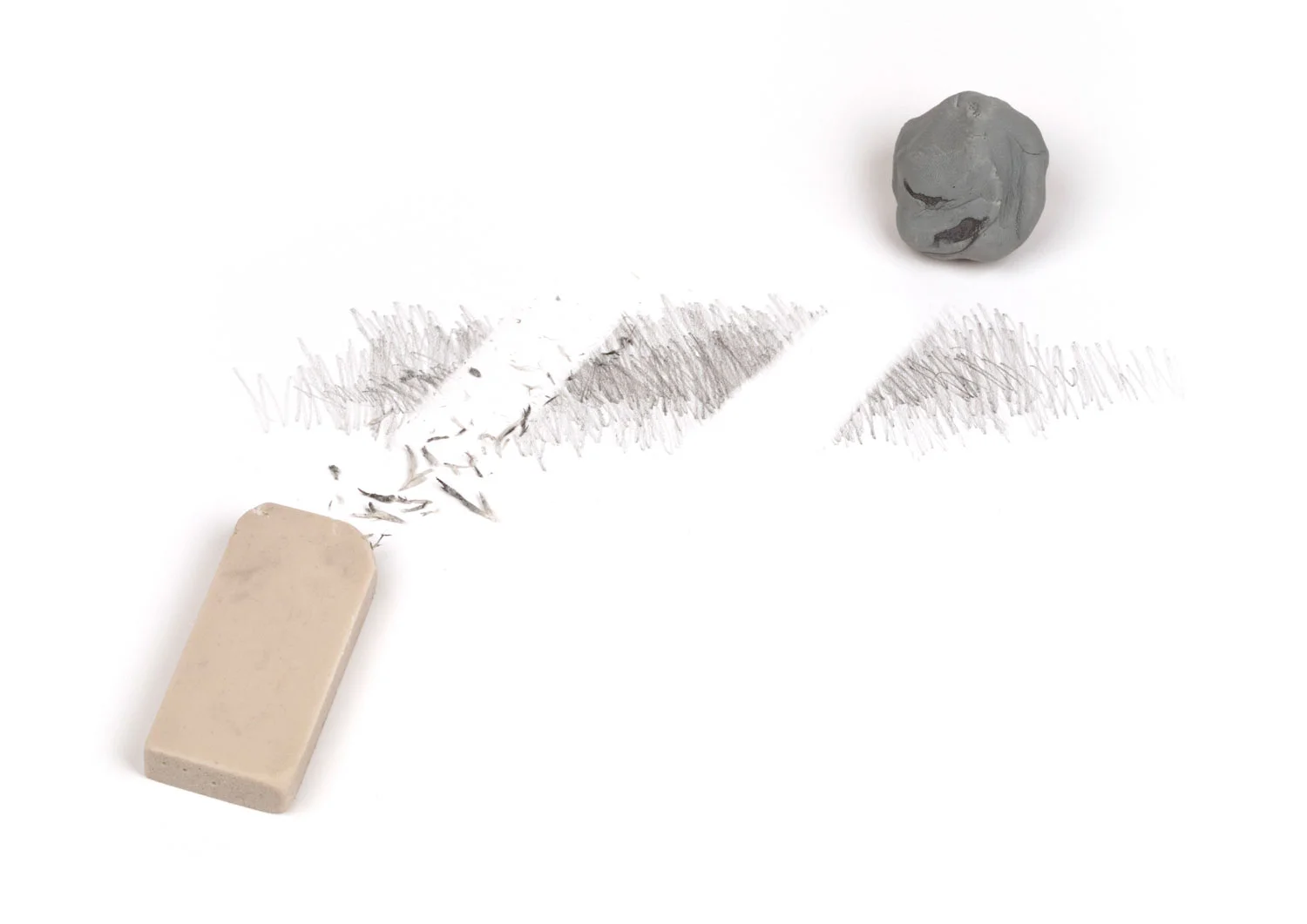You could spend months... years planning your journey. Your transition to a new career. Your academic pursuits.
And yet, until you begin, you’re stuck.
Once you’re in motion, you can adjust your trajectory. You can stay the course, or change course. Based on new experiences, you can reevaluate your plans. Adapt. Make new plans. Go back, even.
But without beginning — without taking the first step, or an initial leap — you’re just looking at signposts; you haven’t yet experienced the road.
If you’re ready, put it in drive and take your foot off the break. That’s a start.


